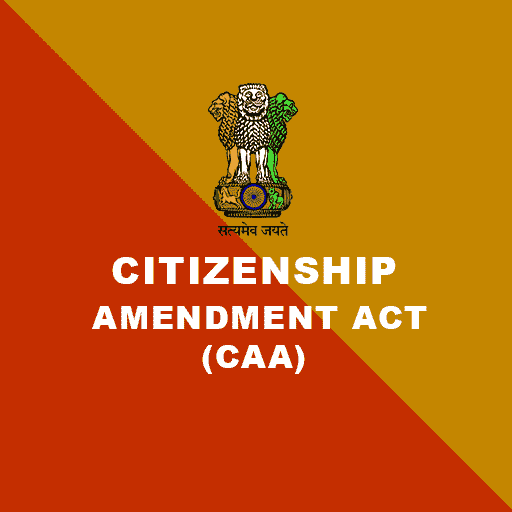Define Justice, and Discuss its Relationship with Equality and Liberty.
Justice is the highest good of political life yet it is injustice which dominates political debates. It is easier to identify and deplore injustice than to define precisely what is just. Different ideologies have produced radically different theories of justice. Justice is a kind of ultimate concept, a value to which either other values are subordinated or the value which synthesizes other political values like rights, liberties, equality and property.
According to D.D. Raphel, justice is Janus like’ or dual faced, showing two different faces at the same time. It is legal as well as moral. It is concerned with social ordering and rights of society as much as individual right. It is conservative as well as reformative.
In the contemporary political thought, justice is regarded as a property of distribution of something. It depends upon what are the criteria for distribution of goods and services. In modern democratic societies, three criteria are usually offered equality, merit and need.
The demand of justice is that all men are equally deserving unless proved otherwise. The concept of justice is not static but has been changing according to the socioeconomic and political requirements of society. It is not merely something dispensed by the state through its law but refers to the political, economic and social aspects of the political system.
The concept of justice has been dynamic and multi-dimensional. In every society there is a different concept of justice. Justice was regarded as the supreme virtue, which harmonises all other virtues. Plato’s disciple Aristotle modified this hierarchical concept of justice by admitting that justice implies a certain degree of equality. Nineteenth century Europe was witness to some rival notions of justice. Bentham and Mill through their utilitarian theory associated justice with what was conducive to the happiness of mankind.
The utilitarian theory of justice was replaced by an alternative theory of justice by an American philosopher John Rawls. Rawls begins by describing justice as the first virtue of social institutions and sets out to discover what principles of justice are most defensible.
Justifying the need for justice, Kymillicka writes that justice is more than rectifying the wrongs in the society. Justice does resolves the conflicts but more that than, it also expresses the respect which is due to individuals as an end in themselves. Justice recognizes the equal standing of the members of the community through rights and entitlements which an individual can rightfully claim. But it does not force people to exercise these rights at the expense of others. Justice constitutes a form of concern that we should have for the members of the community. Hence the view that we can create a community of equals by abandoning the notions of fairness, rights and duties is not convincing.



